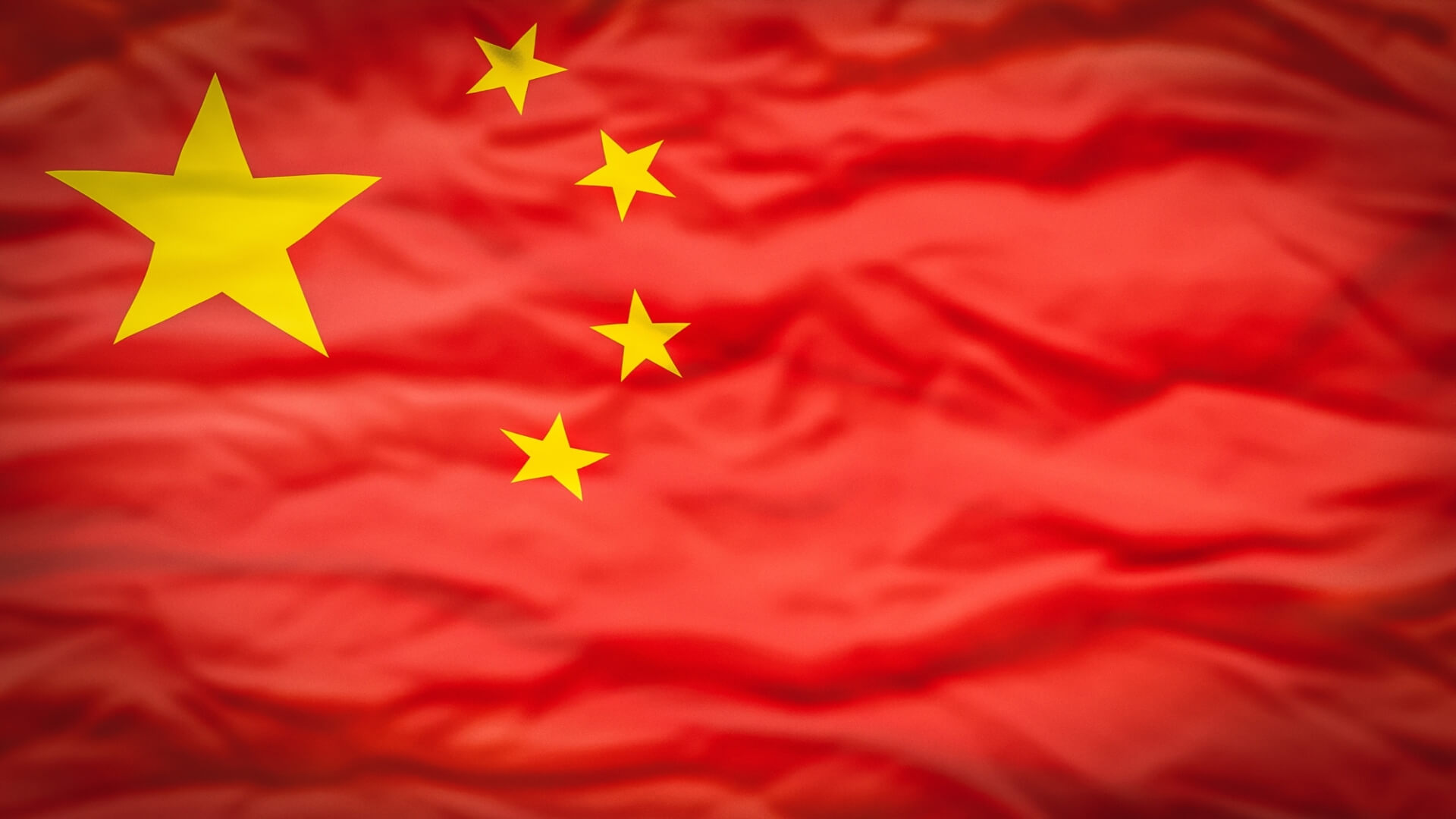Taiwan’s strategic significance in the global economy plays an important role to the U.S. national security. Washington’s partnership with Taiwan is based on shared values, people-to-people ties, and leading-edge business cooperation led by global companies in both countries. U.S.-Taiwan relations, which have been codified in the Taiwan Relations Act (TRA) are really about a partnership for freedom.
The TRA requires the United States to have a policy “to provide Taiwan with arms of a defensive character”, and “to maintain the capacity of the United States to resist any resort to force or other forms of coercion that would jeopardize the security, or the social or economic system, of the people on Taiwan.”
Despite China’s efforts to restrict Taiwan and its involvement in international organizations and the global community, Taiwan has managed to build a strong reputation as a positive contributor to the international community. Taiwan is the sixth-freest economy in the world, just behind Singapore, New Zealand, Australia, Switzerland, and Ireland, according to The Heritage Foundation 2021 Index of Economic Freedom. From an economic perspective, Taiwan holds a significant position as one of the United States’ crucial trade allies. Taiwan plays a pivotal role in the global economy, especially as a major producer of strategically vital semiconductor chips. The United States has maintained a consistent approach of “strategic ambiguity” when it comes to its potential response in the event of a Chinese incursion into Taiwan. This approach aims to dissuade China from pursuing any invasion while also discouraging actions by Taiwan. This would include declaring independence that could trigger a military reaction from China. Here is an opinion piece we found of interest relating to the significance of Taiwan to the world.
Why Taiwan matters to the world
In an opinion piece “Why Taiwan matters to the world” for Financial Times, Gideon Rachman, chief foreign affairs columnist, argues that there are three main reasons to protect Taiwan from China’s increased aggression. He says the first is about the future of political freedom in the world. The second is about the global balance of power. The third is about the world economy. Together they amount to a compelling case to keep Taiwan out of Beijing’s grasp. Rachman points out that Beijing has already crushed the desire for democracy in Hong Kong, and if Xi Jinping were allowed to do the same in Taiwan, autocracy would be entrenched across the Chinese-speaking world. He is concerned that because China is an emerging superpower of the 21st century, that would have bleak political implications for the world.
Rachman reports that the Indo-Pacific region as a whole has several thriving democracies including Japan, South Korea and Australia. He adds that they all depend to some extent on a security guarantee from the US. Taiwan produces over 60 percent of the world’s semiconductors and about 90 percent of the most sophisticated ones. The gadgets that make modern life work, from phones to cars and industrial machinery, are run with Taiwanese chips. But the factories that produce them could be destroyed by an invasion. If Taiwan’s chip factories survived but fell under Chinese control, the economic implications would be huge. Control of the world’s most advanced semiconductors would give Beijing a chokehold over the world economy. Read more from Financial Times.
Disclosure: Fatty Fish is a research and advisory firm that engages or has engaged in research, analysis, and advisory services with many technology companies, including those mentioned in this article. The author does not hold any equity positions with any company mentioned in this article.
The Fatty Fish Editorial Team includes a diverse group of industry analysts, researchers, and advisors who spend most of their days diving into the most important topics impacting the future of the technology sector. Our team focuses on the potential impact of tech-related IP policy, legislation, regulation, and litigation, along with critical global and geostrategic trends — and delivers content that makes it easier for journalists, lobbyists, and policy makers to understand these issues.
- The Fatty Fish Editorial Teamhttps://fattyfish.org/author/fattyfish_editorial/January 19, 2024
- The Fatty Fish Editorial Teamhttps://fattyfish.org/author/fattyfish_editorial/January 3, 2024
- The Fatty Fish Editorial Teamhttps://fattyfish.org/author/fattyfish_editorial/January 3, 2024
- The Fatty Fish Editorial Teamhttps://fattyfish.org/author/fattyfish_editorial/December 31, 2023










